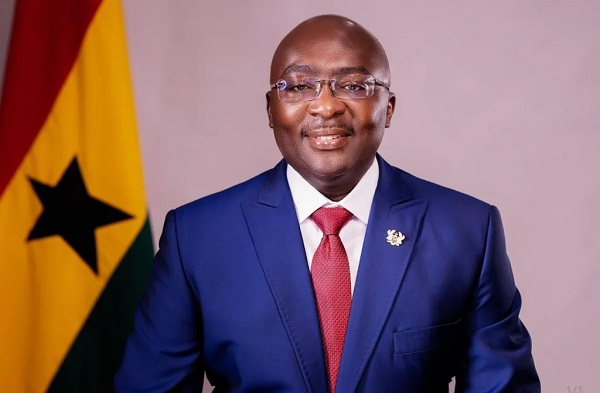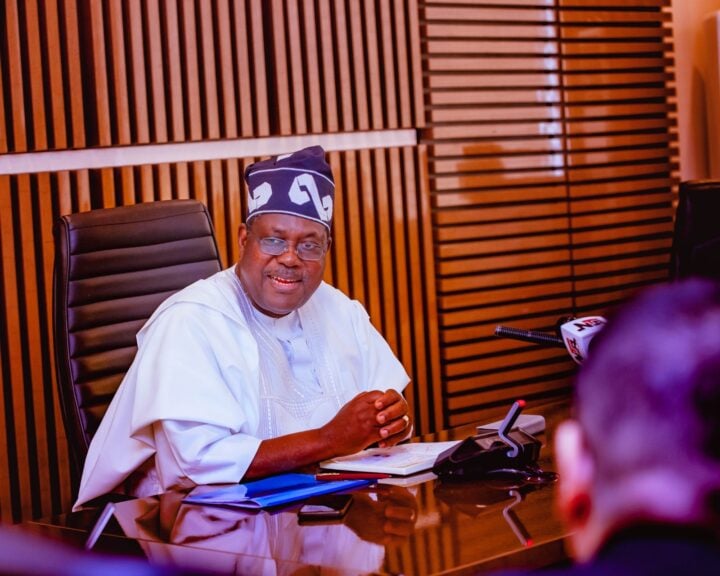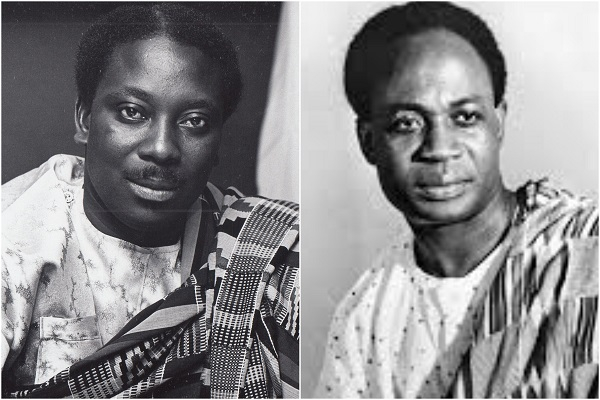Ganduje Resignation Ignites APC National Chairmanship Race

The All Progressives Congress (APC) is currently navigating a significant leadership transition following the resignation of its National Chairman, Dr. Abdullahi Ganduje, who cited health issues as the official reason for his departure. However, insiders suggest his exit was the culmination of intense political pressure, diminished credibility, internal party dynamics, and strategic maneuvering ahead of the 2027 general elections. Ganduje's tenure, which began in August 2023 as a replacement for Senator Abdullahi Adamu, was marked by challenges including the loss of his home state, Kano, to the New Nigeria People's Party (NNPP) in the 2023 elections, and persistent controversies, notably the resurfacing of an alleged dollar-stuffing video. These factors made his presence an optical burden for the ruling party, prompting President Bola Tinubu's strategic silence, which signaled a withdrawal of full support.
Immediately following Ganduje's resignation, the Deputy National Chairman (North), Hon. Ali Bukar Dalori, assumed the role of acting National Chairman in line with the party's constitution. The next step involves the National Executive Committee (NEC) convening to elect a substantive replacement, a process that requires a minimum of 14 days' notice for a regular meeting or three days for an emergency session. Amidst this transition, a strong clamor has emerged from the North-Central geopolitical zone for the chairmanship position to be returned to the region, aligning with the party's 2022 zoning formula. The North-Central stakeholders argue that the region was overlooked when Ganduje from the North-West was appointed and that now is the opportune moment to correct this "longstanding injustice" and allow the zone to complete Senator Abdullahi Adamu's original tenure.
Groups such as the North-Central APC Forum and the States Youth Leaders’ Forum of the defunct Congress for Progressive Change (CPC) are vehemently advocating for the return of the seat, emphasizing the region's substantial contribution to President Tinubu's 2023 electoral victory, where it provided the third-highest number of votes nationally and controls five out of six states. They highlight the availability of numerous qualified candidates from the zone to steer the party successfully towards 2027. While there were initial rumors regarding the Secretary to the Government of the Federation (SGF), Senator George Akume, assuming the chairmanship, the Presidency, through Bayo Onanuga, Special Adviser on Information and Strategy, swiftly clarified that Akume remains SGF and that no new appointments have been made by President Tinubu.
Several prominent names from the North-Central are being touted as potential successors. These include former Nasarawa State governor, Senator Umar Tanko Al-Makura, who enjoys strong support from the CPC bloc and political groups like the Coalition of Progressive Movement in Gombe State, despite concerns about his distant relationship with President Tinubu. Other contenders are former Plateau State governor, Senator Joshua Dariye; former Kogi State governor, Yahaya Bello; Senator Solomon Ewuga; and Senator Sani Musa, who represents Niger East Senatorial District and chairs the Senate Committee on Finance. Senator Musa has garnered significant backing from the North Central APC Accord, a political pressure group, which described him as the "most credible and unifying option" for his discipline, visionary approach, and clean record, urging party leaders to zone the position to him.
Ganduje's resignation also brings to light deeper issues within the APC, including regional power imbalances and an alleged rift between him and Vice-President Kashim Shettima, which some insiders believe contributed to his ouster. The North-East APC governors reportedly made Ganduje's resignation a condition for supporting President Tinubu's second term bid. For the APC, this moment presents an opportunity to reform, appoint a competent and unifying leader, and restore public confidence, or risk deepening internal divisions ahead of 2027 if it opts for a












